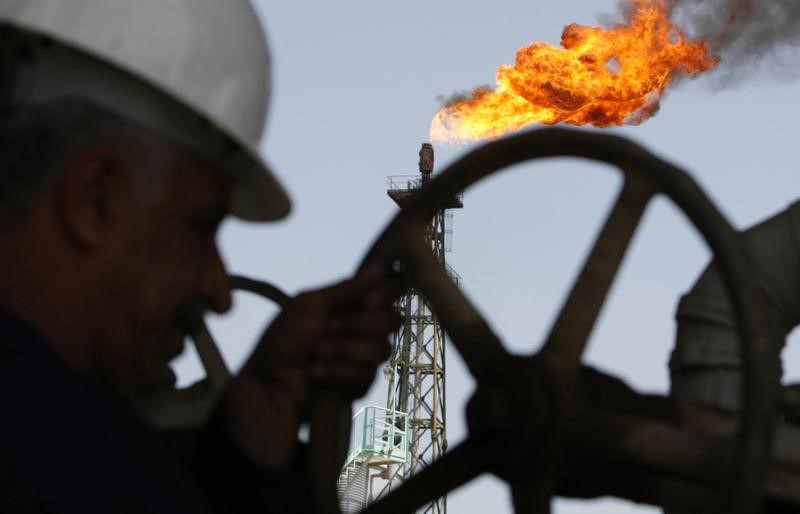By Peter Nurse
Investing.com -- Oil prices rose Friday, but are on course to register a third consecutive weekly loss on concerns over Chinese demand growth while uncertainty exists over the price cap on Russian crude exports.
By 09:15 ET (14:15 GMT), U.S. crude futures traded 0.9% higher at $78.61 a barrel, while the Brent contract rose 0.3% to $85.62.
Both contracts are set to fall over 1% this week, the third negative week in a row, after posting 10-month lows earlier in the week. There was no WTI settlement on Thursday due to the U.S. Thanksgiving holiday.
The crude market has been battling challenges to demand growth, with the central banks of the majority of industrialized nations increasing interest rates to combat record-high inflation, curbing economic activity.
At the same time, China, the world’s largest importer of crude, is struggling with a fresh outbreak of COVID-19 cases, prompting the country’s health authorities to step up mobility restrictions, again crimping activity.
China’s daily Covid infections broke through 30,000 this week for the first time, triggering a number of restrictions across the country’s most important cities, including the capital Beijing, which saw daily infections climb to a new record.
Also of interest has been the news that the Group of Seven major industrialized nations were looking at a cap on Russian seaborne oil at $65-$70 a barrel.
European nations have yet to sign off on the price cap at the level amid disagreements between a number of states, but a cap there would likely mean that Russia will continue to sell its oil given it’s broadly in line with what Asian buyers are already paying.
European Union energy ministers have also failed to come to an agreement on a proposed gas price cap.
“The failure to reach an agreement on the price cap also led to a delay in approval of measures like joint gas purchases & quicker renewables permit,” analysts at UBS said, in a note.
Trading volumes are likely to be limited Friday, the day after Thursday’s Thanksgiving holiday, and traders are set to remain cautious ahead of the next meeting of the Organization of the Petroleum Exporting Countries and allies, known as OPEC+, on Dec. 4, with the agreement on the price cap due to come into effect the following day.
